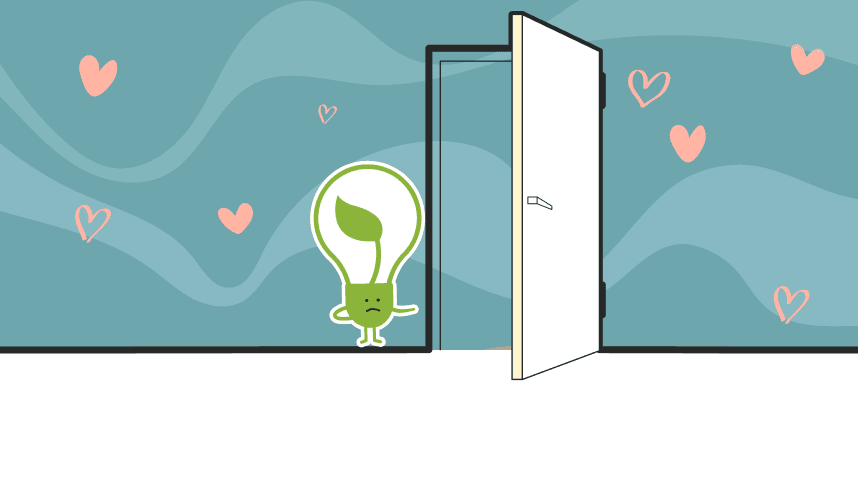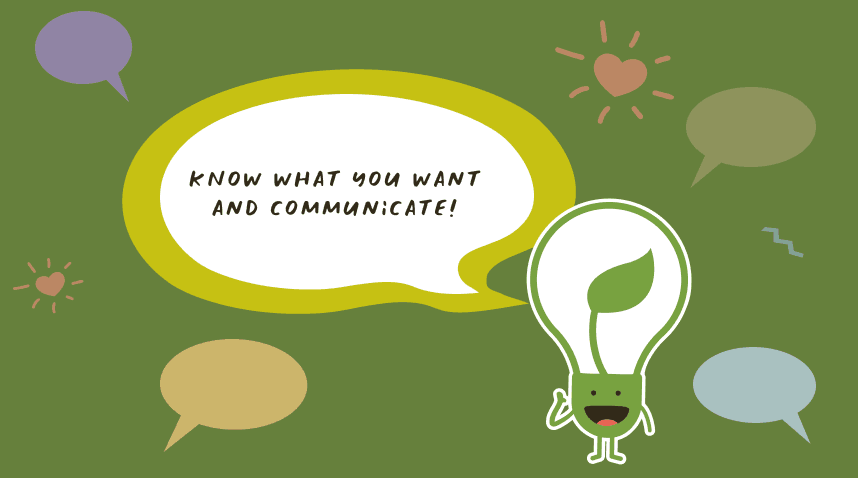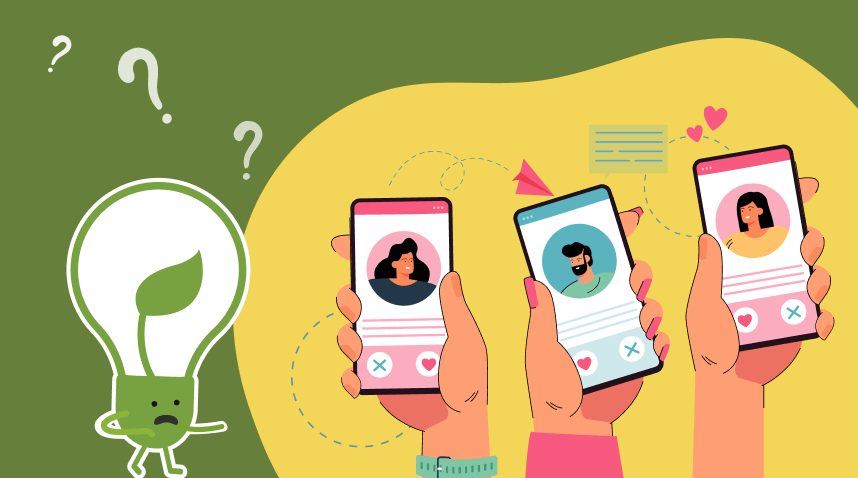TLDR: Single and in your late twenties? Mabel shares her stories of realisation and wisdom from navigating the dating world. From opening the door to your heart to understanding the drawbacks of mundane love, this article explores deeper into struggles of dating in the environment which pushes us to find romantic love.
Being single in your late twenties seems to scream that you are broken and bad. It feels like a problem that needs to be fixed.
A life devoid of romantic love is often painted to be imperfect and empty. And although I’ve been happily single and mostly unperturbed by narratives like these, my immunity has been waning the older I get. I feel pressure, shame, and anxiety. Dating used to be fun and exciting, but now it feels like a chore.
Dating leaves us feeling vulnerable, afraid and imperfect.
It is such a courageous thing we do – showing up for complete strangers, opening up to them, and letting them into our lives. No matter how many times I’ve done it, it still scares me. I’m so thankful to have met with nice people and formed genuine connections. Looking back, I’ve made mistakes and probably caused some hurt, but it is also through experiences like these that I learn about myself.
Here are a few things I’ve learned as a twentysomething navigating the dating scene:

Tip 1: Opening the door to your heart
During the dating process, I noticed a lot of self-sabotaging tendencies that emanate from feeling not good enough.
I felt the need to have achieved certain things or look a certain way before I am worthy of romantic love.
I would meet nice guys who show interest, and think to myself: ‘oh, he can’t be interested in me, he’s too good for me’. I would be fearful that they would see my flaws and lose interest.
Using dating apps magnified this feeling of inadequacy. I felt like a two-dimensional, searchable item looking to fit into someone’s dating checklist.
I had to take on society’s demands and live up to its expectations to feel worthy of love.
These feelings of imperfection and deficiency stemming from a strong sense of self could lead to love prone to impurities and more suffering. We could end up being in relationships that don’t serve us, or find a partner for the wrong reasons.
Only when we extend loving-kindness to ourselves can we examine love with a neutral mind, and know when to keep trying or when to end things.
I read renowned Australian monk Ajahn Brahm’s Opening The Door To Your Heart 10 years ago, and I’ve always thought the key message was being kind to others. The story, I realised, was about opening the doors of our hearts to ourselves as well.
You do not have to be perfect, without fault, to give yourself love. If you wait for perfection, it never arrives. We must open the door of our hearts to ourselves, whatever we have done.
Tip 2: Understanding the drawbacks of mundane love
I extended this unreasonable yardstick for worthiness to my partners. After ending things with a few guys, I unwillingly acknowledged that perhaps I’m part of the problem.
The Buddha points out that we suffer due to cravings that arise when we don’t understand ourselves. I unpacked my approach towards dating and saw how easily put off I am by signs of flaws and recognised the ideals and desires I projected onto others.
These are desires not rooted in reality, and I was creating suffering for myself.
Dating apps with their filtering functions and abundance of choice give us the illusion that there is a perfect human being out there. I loved the idea that I would find someone with instant and perfect compatibility.
But the truth is there are no relationships with no conflicts, and we will always have to work through inevitable differences.
Conditioned things are impermanent and unsatisfactory. We and our partners, as unenlightened beings, will always have our own sets of defilements which will render the dating process unsatisfactory at times.
Almost all of us reach dating age with some form of wound or trauma. Perhaps the more space we can allow for the deficiencies of love and the flawed reality of nature, the better chance we’ll have at being good at love.
Suffering ends when ignorance-based cravings end, not when you find ‘true love’.

Tip 3: Knowing what you want and communicating it
When I started using dating apps, I knew I was looking for a committed relationship with someone who shares similar values. So I would swipe left on guys who were looking for something casual, or guys who ‘don’t know yet’ simply because our goals were not aligned.
I believe this saved me a lot of time and heartache. During the dating process, I have found it helpful to communicate these goals and needs.
Don’t assume that they will figure it out on their own, or that they should know these things instinctively.
It is worth investigating what we are looking for in a relationship. Are we hoping to end suffering with love? Are we looking for an antidote to boredom? Are we hoping to gain coarse rewards through this relationship such as sexual pleasure, wealth, social status, or fame? Is this kind of relationship sustainable?
I reflect on these questions quite a bit.
It is when both partners are ethical, of good character, and equal in standard of conduct that they can live together enjoying all the pleasures they desire. (Numbered Discourses 4.53 Living Together). Perhaps we could use this as a guide when dating.
Dating is a skill and something we can learn to be better at through experience. By practising more qualities of metta (the superior kind of love), we can strive to be one who neither suffers from this dating process nor be the cause of others’ suffering.
Wise Steps:
- Be respectful and kind, and treat the other person the way you would like to be treated.
- If you’re feeling burnt out from dating, take a break, don’t go through the process mindlessly. Enjoy the beauty of being single.
- Reflect on what you’ve learned from previous relationships or dates. Did it teach you something about what you want and don’t want? What are the ideals, desires and expectations that you tend to project onto others?
- Be gentle with yourself, you’re doing great.


